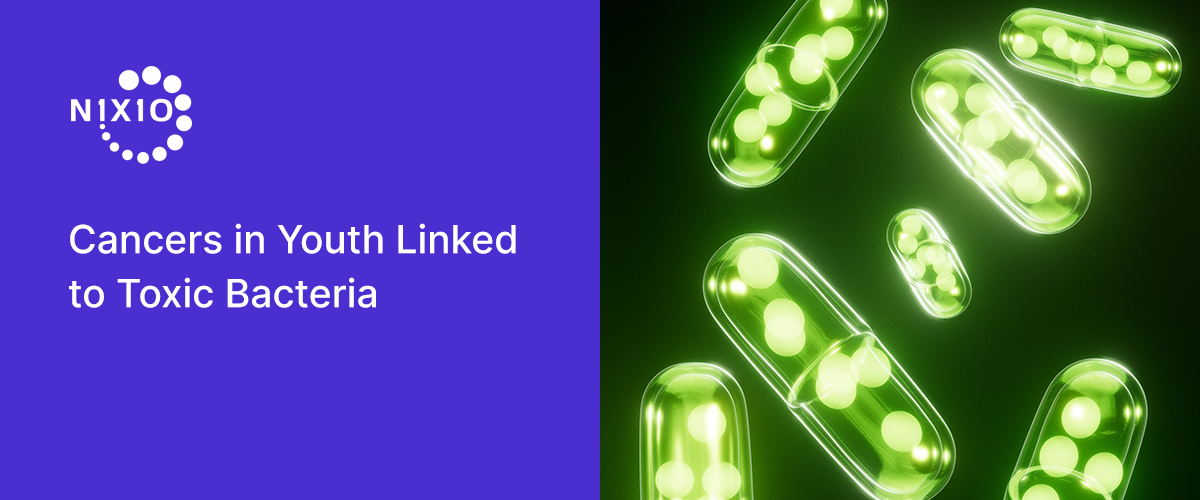It’s unclear why colon cancer cases have doubled in people under 55 over the past two decades, a staggering rise that has alarmed doctors and cancer researchers.
Part of the story could be colibactin, a toxin made by certain strains of Escherichia coli and other bacteria use to defend themselves against attack, but it also harms DNA. Colibactin could help explain the mysterious rise in colorectal cancers in young people globally. In a recent study, researchers have identified a strong link between this DNA-damaging toxin and colon cancer among younger patients.
Researchers at the University of California, San Diego, analyzed the genomes of almost 1,000 colorectal cancer patients across four continents and found that people who were diagnosed before the age of 40 were 3.3 times more likely to have mutational signatures related to colibactin than those diagnosed after the age of 70. According to their data, this exposure isn’t ongoing when the cancer is diagnosed. Instead, it appears to have happened during childhood. “Our estimate is that it happens within the first 10 years of life,” “So, if you get that mutation at age 5, that puts you 20 to 30 years ahead of schedule for getting colorectal cancer,” says Ludmil Alexandrov, the lead author of the study.
The study is a new clue into the rise in colorectal cancer in the young. Scientists believe some confluence of environmental factors, including diet, a sedentary lifestyle, medication and so on, is driving this steep rise. However, while the study shows a strong association, the data can’t prove colibactin caused these patients to develop cancer at a younger age. And researchers in the field don’t expect E. coli, or any single microbe for that matter, to be the skeleton key for the surge in colorectal cancer.
Christian Jobin, a microbiome researcher at the University of Florida, believes colibactin produced by E. coli but produced by other bacteria, too — is one “hit” among many to our microbiome, which together may place some people on a faster trajectory for developing cancer.
This study cannot demonstrate a causal link, but it does raise the possibility of screening for colorectal cancer by testing for high-risk bacteria in stool samples, writes Justin Stebbing, a British oncologist and cancer researcher.


